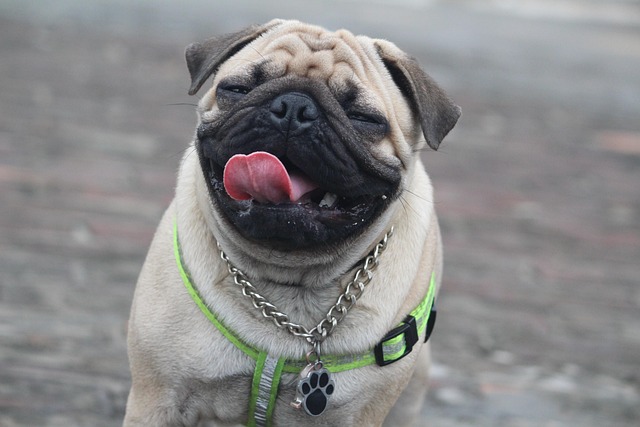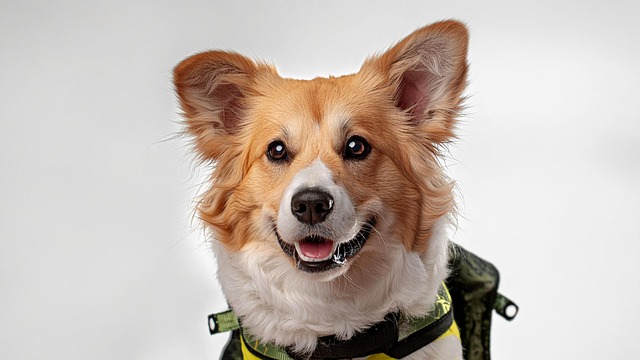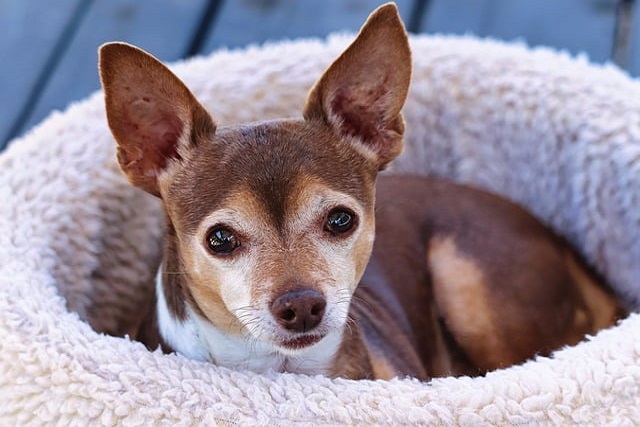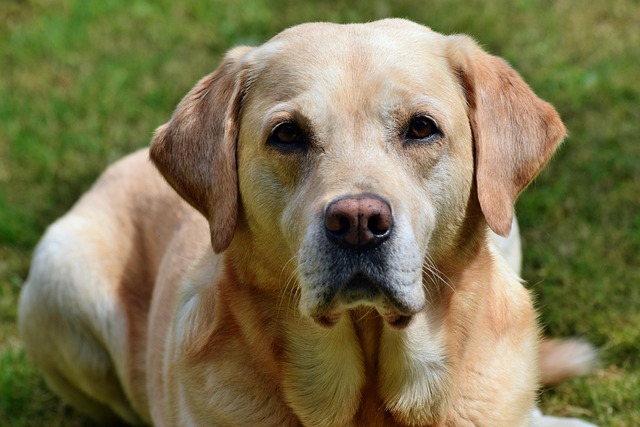Loyalty from a dog isn’t something you demand—it’s a bond earned through trust, consistency, and heartfelt connection. Think of it like growing a tree: it needs time, care, and the right environment to take root. Whether you’re welcoming a spirited puppy or a cautious rescue dog, the journey to loyalty begins with understanding their needs and proving you’re a reliable, loving presence in their world.
Start by building a foundation of trust. Dogs are loyal to those who make them feel safe. Spend quiet moments near them without pressure—read a book while they rest nearby or sit calmly as they explore. For rescue dogs, this might mean giving them space to approach you first. Avoid harsh words or sudden movements; instead, show up consistently for meals, walks, and gentle affection. Trust is the first step toward a loyal companion, and it aligns with humane care principles that prioritize a dog’s emotional well-being.
Consistency is key to deepening loyalty. Dogs thrive on predictability—set regular meal times, walk schedules, and bedtime routines. When they know what to expect from each day, they feel secure, which strengthens their bond with you. This reliability also applies to training: use the same commands and rewards every time, whether you’re teaching “sit” or reinforcing good behavior. Consistency not only builds obedience but also shows your dog they can depend on you, a cornerstone of loyalty.
 Communication plays a vital role in nurturing loyalty. Dogs read body language and tone more than words. Crouch to their level when interacting, avoid staring directly (which can feel threatening), and use a warm, steady voice. When they follow a command or show trust, praise them enthusiastically—verbal affirmations like “good girl” or “well done” paired with a gentle pat reinforce that pleasing you brings joy. This positive feedback loop creates a mutual understanding that loyalty grows from.
Communication plays a vital role in nurturing loyalty. Dogs read body language and tone more than words. Crouch to their level when interacting, avoid staring directly (which can feel threatening), and use a warm, steady voice. When they follow a command or show trust, praise them enthusiastically—verbal affirmations like “good girl” or “well done” paired with a gentle pat reinforce that pleasing you brings joy. This positive feedback loop creates a mutual understanding that loyalty grows from.
Positive reinforcement training is essential for fostering a loyal mindset. Instead of punishment, reward desired behaviors immediately with treats, toys, or affection. If your dog comes when called, offer a tasty snack and celebrate their success. This method not only builds confidence but also teaches them that being close to you leads to good things. It’s a humane, effective approach that complies with modern animal training standards widely recognized as ethical and compliant with regional animal welfare laws.
Shared activities deepen the emotional tie between you and your dog. Take daily walks together, engage in interactive games like fetch or puzzle toys, or simply curl up for quiet moments. These experiences create positive memories and reinforce that being with you is enjoyable. In public spaces, always follow local leash laws and ensure your dog’s behavior is respectful to others—this not only keeps them safe but also builds a reputation as a responsible owner, strengthening the trust your dog has in your guidance.
Lastly, remember that loyalty grows at its own pace. Some dogs may show devoted behavior within weeks, while others—especially those with past trauma—might take months. Celebrate small wins: a dog that once avoided you now seeking your side, or a eager tail wag when you pick up their leash. Be patient, avoid comparison, and let your actions speak louder than words. Over time, your commitment to their happiness will nurture a deep, trusting bond that defines true loyalty.
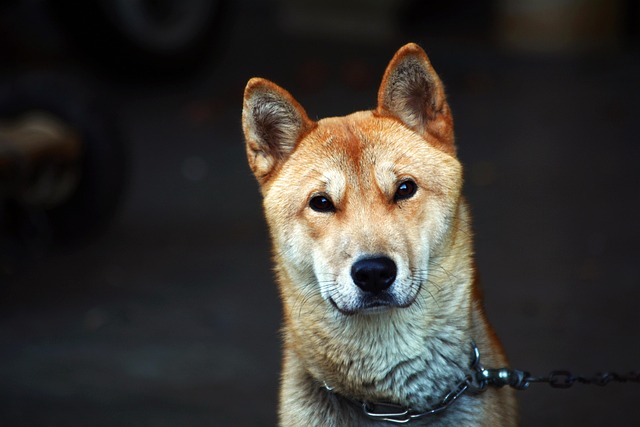
 Communication plays a vital role in nurturing loyalty. Dogs read body language and tone more than words. Crouch to their level when interacting, avoid staring directly (which can feel threatening), and use a warm, steady voice. When they follow a command or show trust, praise them enthusiastically—verbal affirmations like “good girl” or “well done” paired with a gentle pat reinforce that pleasing you brings joy. This positive feedback loop creates a mutual understanding that loyalty grows from.
Communication plays a vital role in nurturing loyalty. Dogs read body language and tone more than words. Crouch to their level when interacting, avoid staring directly (which can feel threatening), and use a warm, steady voice. When they follow a command or show trust, praise them enthusiastically—verbal affirmations like “good girl” or “well done” paired with a gentle pat reinforce that pleasing you brings joy. This positive feedback loop creates a mutual understanding that loyalty grows from.